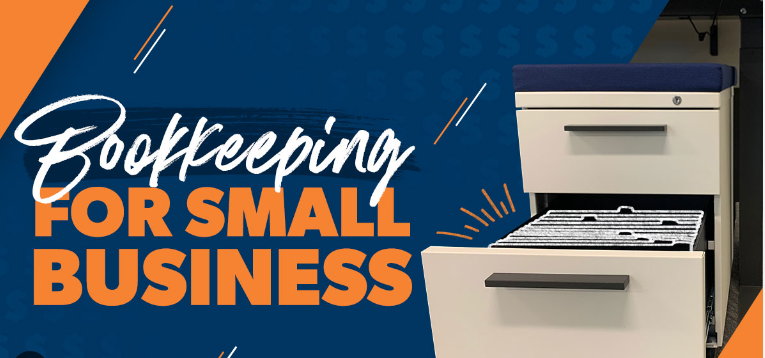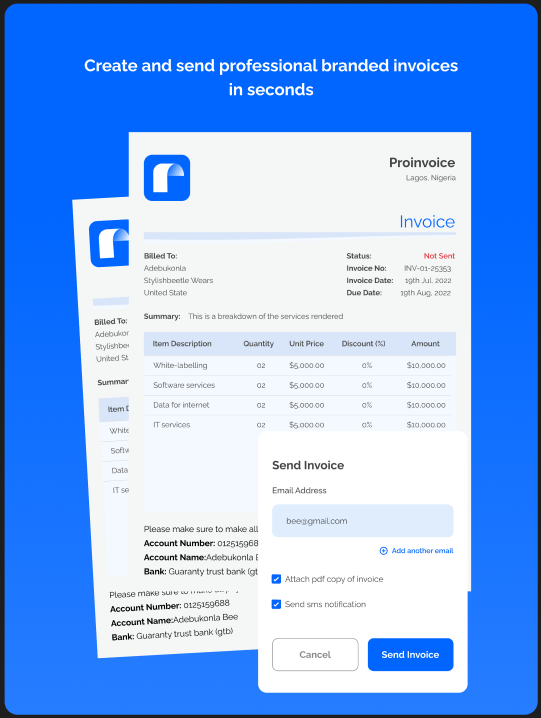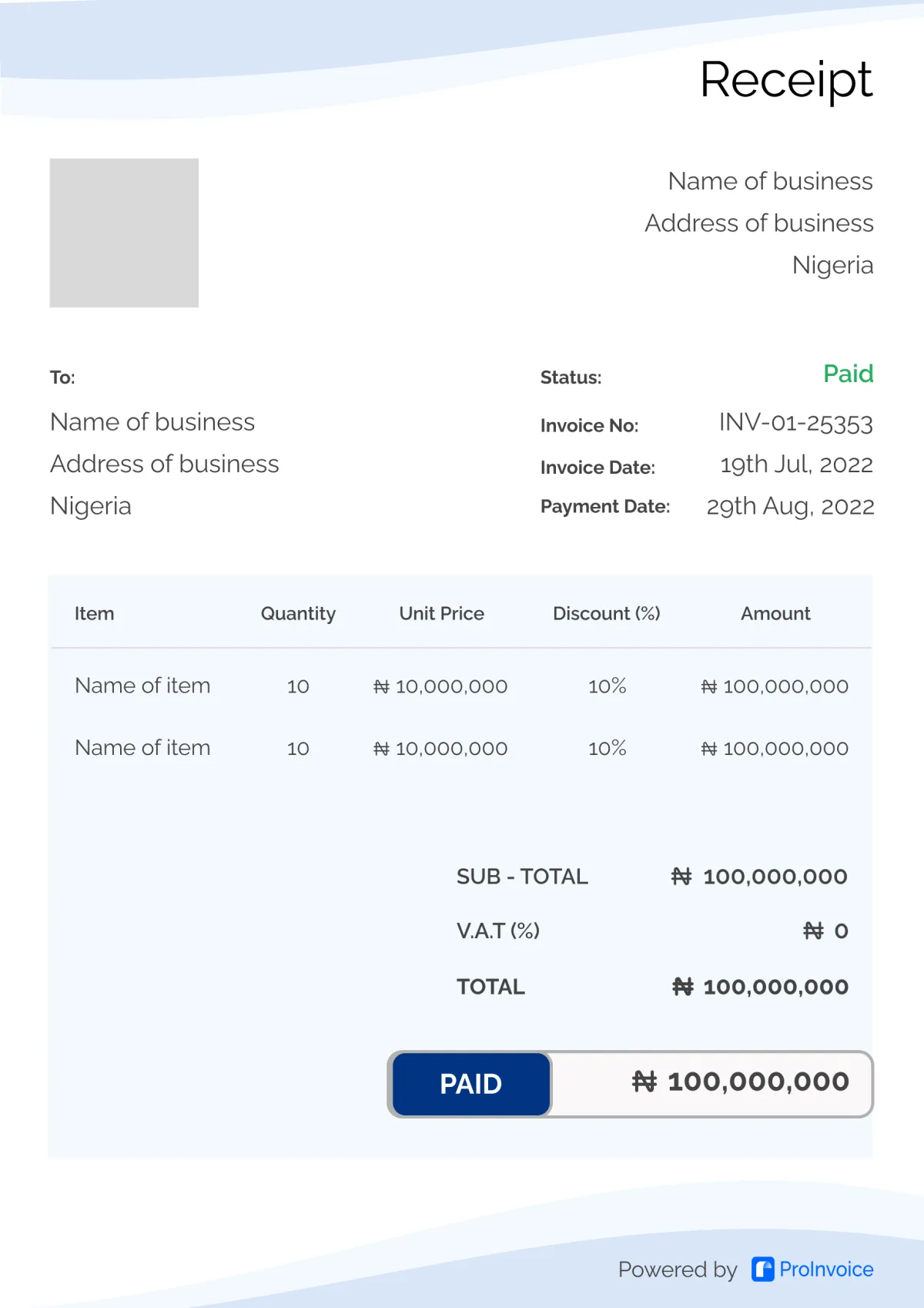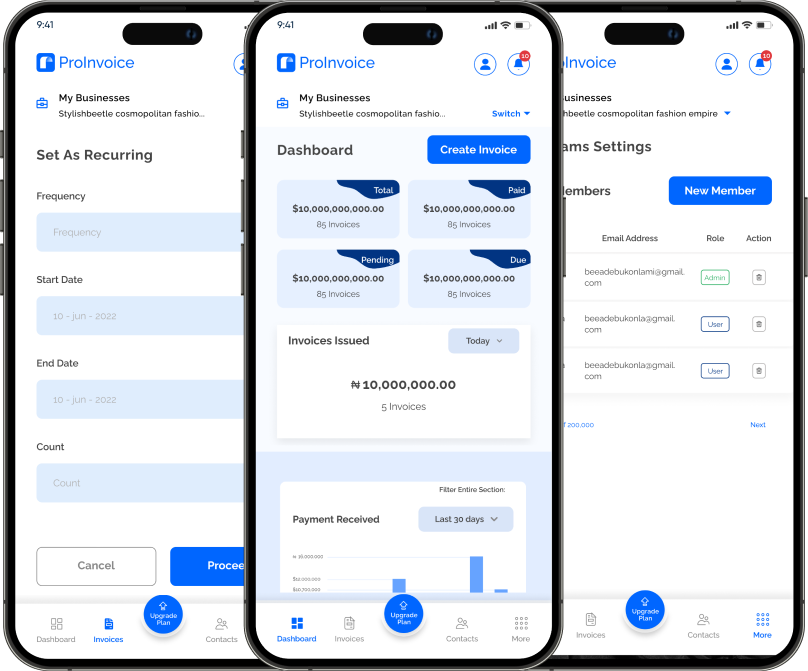As a small business owner, staying on top of bookkeeping tasks can be a daunting challenge. From tracking expenses to managing invoices, accurate bookkeeping is crucial for maintaining good financial health and ensuring business growth.
However, with the right tools, bookkeeping doesn’t have to be a time-consuming headache.
In this article, we will look at
- What is bookkeeping?
- Why Bookkeeping Is Important for Small Businesses
- Key Components of Bookkeeping
- Steps How To Manage Bookkeeping in 4 Steps
Let’s dive in
What is bookkeeping?
Bookkeeping is the foundation for effective business financial management. It involves recording and organizing financial transactions, including income, expenses, assets, liabilities, and equity.
As a business, accurate bookkeeping ensures that you have a clear understanding of your business’s financial position, which helps you make an informed decision. However, poor bookkeeping practices can lead to tax issues, cash flow problems, and potential losses in business.
Importance Of Bookkeeping for Small Businesses
Bookkeeping is important for any business that is serious about building a sustainable business. Below are some reasons why bookkeeping is important for businesses:
- It Helps With Accurate Budgeting
Bookkeeping is vital for creating an accurate budget as it provides an overall view of income and expenses, which helps businesses make informed financial decisions.
- Helps To Maintain Business Organized Record
Regular business bookkeeping ensures well-maintained and organized business records. This helps when you need to retrieve important financial information.
- Aid Proper Reporting to Investors
Potential investors are always keen on business financial records to help them make effective decisions. They are mainly concerned about whether their money will be used properly or not.
They always want to know if the company is making money or not as well as what potential the business has. All these can easily be managed with bookkeeping.
Key Components of Bookkeeping
Whether you do the bookkeeping yourself as a business owner or hire someone to do it, certain elements are fundamental to properly maintaining your books.
Some of these elements are done more regularly than others to ensure that your books are always up to date.
Recording Transactions
One of the key components of bookkeeping is recording transactions, which involves documenting every financial activity within your business.
Transactions can include sales, purchases, expenses, loans, investments, and any other financial exchange.
Every financial transaction should have a line item in the general ledger, which tracks everything in one place. The general ledger notates the account number to which the debit or credit is applied.
Source Documents
Source documents include documents like invoices, receipts, bank statements, and bills that provide evidence to support your transaction entries. Maintaining organized source documents is crucial for record-keeping and tax compliance.
Creating and Sending Invoices
One of the key components of bookkeeping is to generate and issue invoices on time. This involves carefully documenting all the necessary details, such as the date of the transaction, the pricing information, quantities, and applicable taxes or fees.
Prompt and accurate invoices ensure that you get paid for the goods or services you provide while projecting a professional image to your clients.
Preparing Basic Financial Statements
Bookkeeping is more than just recording transactions; it lays the foundation for comprehensive financial reporting and analysis.
The data gathered through bookkeeping serves as the building blocks for creating essential financial statements that provide a clear picture of your business’s financial performance and overall health.
Creating and Completing Payroll
In any business, ensuring that your employees are paid adequately and on time is crucial not only for maintaining morale and productivity but also for complying with labor laws and regulations.
At the end of each pay period, you’ll need to gather and organize various payroll details, such as the number of hours worked by each employee, their respective pay rates, and any other bonuses.
How To Manage Bookkeeping As A Business
Choose the Right Bookkeeping System
The first step towards effective bookkeeping is selecting the right system and tools for your business. Consider user-friendly invoicing software like ProInvoice, which is designed specifically for small businesses. With its intuitive interface and comprehensive features, you can seamlessly create, send invoices, receive, and track payments.
Record Transactions Consistently
Consistent and accurate transaction recording is an important aspect of bookkeeping. Make it a habit to record every financial transaction as it occurs, whether it’s a sale, purchase, expense, or payment. ProInvoice lets you capture all sales transactions, sent, paid, and unpaid invoices, ensuring your books remain up-to-date and compliant.
Reconcile Accounts Regularly
Reconciling your business accounts is crucial for maintaining the integrity of your financial records. Regularly cross-check your recorded transactions against external sources, such as bank statements and credit card statements.
Generate Financial Statements
The main essence of bookkeeping is to prepare financial statements, which provide valuable insights into your business’s financial health. With ProInvoice, you can easily generate essential transaction reports with just a few clicks. These statements empower you to make informed decisions and track your business’s progress.
Conclusion
Bookkeeping is an essential aspect of running a successful business. It not only helps in maintaining organized and accurate financial records but also prepares proper reports for potential investors.
Using proinvoice will help you streamline your bookkeeping process because you can keep track of all invoices, estimates, payments, and receipts.
You can get started for free on Proinvoice by creating an account.













